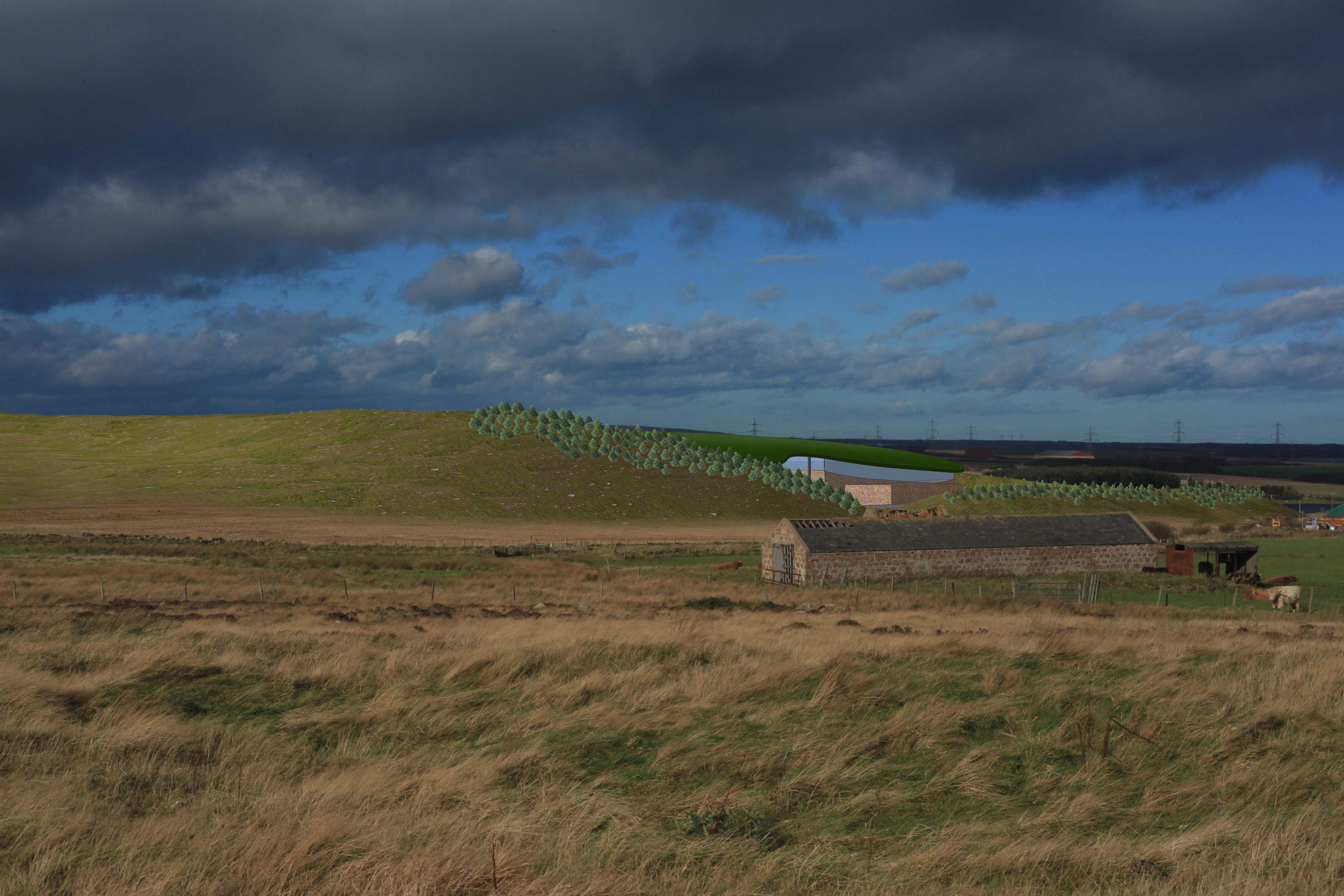A £2billion scheme to pump electricity from mainland Europe into the north-east has moved closer to fruition after a permit was awarded for its under-sea infrastructure.
A consortium of Scandinavian energy firms was granted planning permission to construct a substation in Boddam, near Peterhead, last year, as the prelude to transforming the port into a “major player” in new energy developments.
And now, NorthConnect – the name the firms have chosen – has been awarded a licence by energy regulators Ofgem to run a 403-mile power cable from Norway to the small village.
The group is convinced that the link will facilitate increased renewables penetration in both countries and create up to 200 jobs.
Last night, NorthConnect’s UK project manager Richard Blanchfield said the firms wanted the project to offer “good value” to UK consumers.
He added: “On the Scottish side of NorthConnect, the development team is preparing a planning application for subsea infrastructure works and near shore connections on the Aberdeenshire coast.
“These offshore works, if given consent by Scottish Ministers, would hook up with the already consented onshore electricity converter station near Boddam and Longhaven.
“Also, the NorthConnect consortium is assessing the feasibility of laying a fibre optic broadband link, alongside the power cable, to connect the north east of Scotland and Norway.
“If realised, the data cable would connect two world-class oil and gas centres and potentially enable investment in new data and cloud storage facilities either side of the North Sea, further enhancing Scotland’s connectivity with mainland Europe.”
The NorthConnect project is scheduled to be operational by 2022.
However, some local residents have raised concerns about the noise and visual impact of the station, which will be built on land at Four Fields.
Others have raised environmental concerns.
Mr Blanchfield said the firms involved would continue to work with local residents and the council as the project progressed.
WWF Scotland director Lang Banks added the project’s success would reduce the need for new nuclear or fossil fuel power stations.
He explained: “Sharing different renewable resources between nations helps drive down climate emissions much faster than relying on domestic action alone.
“However, it shouldn’t be an excuse for any country to halt the development of their own renewable capacity.”
